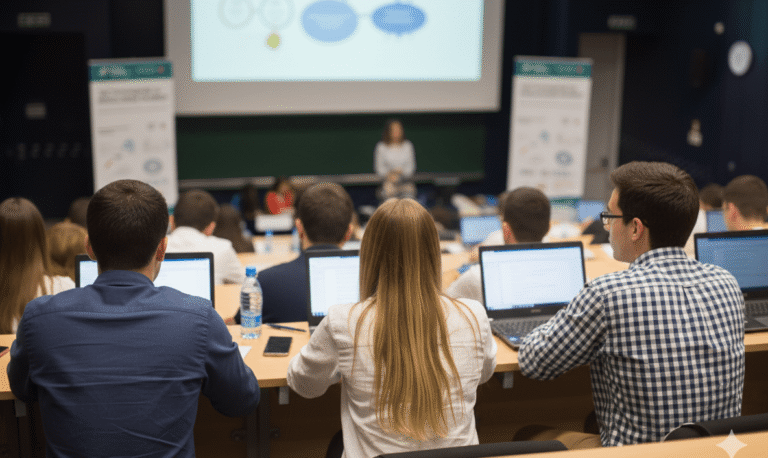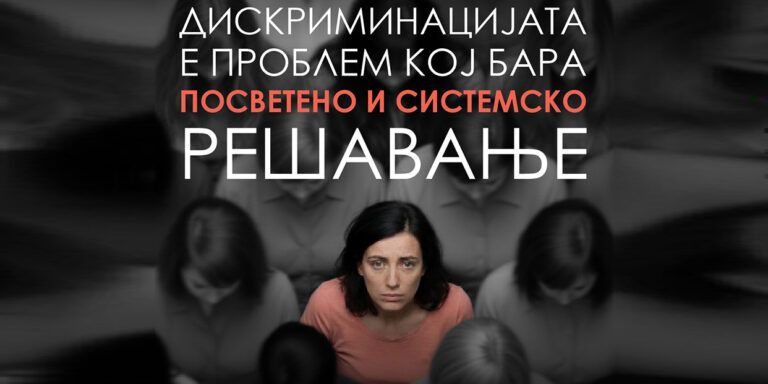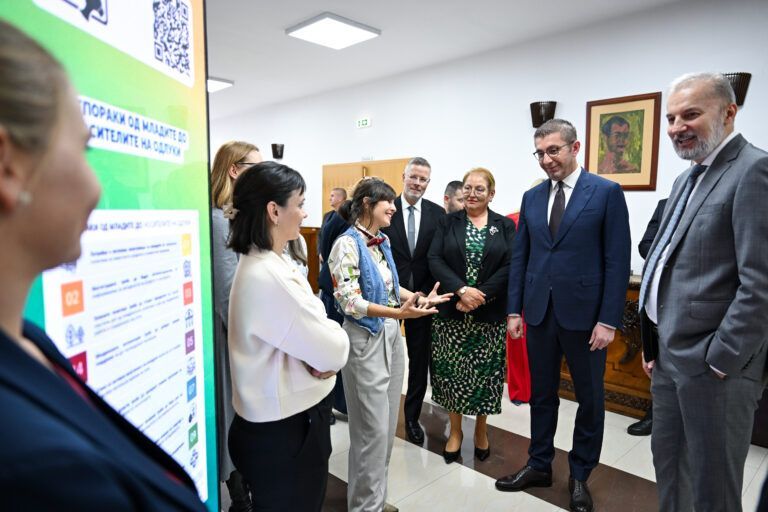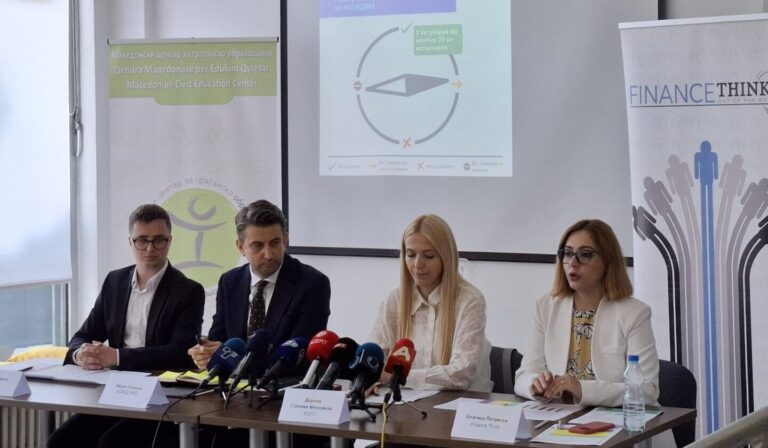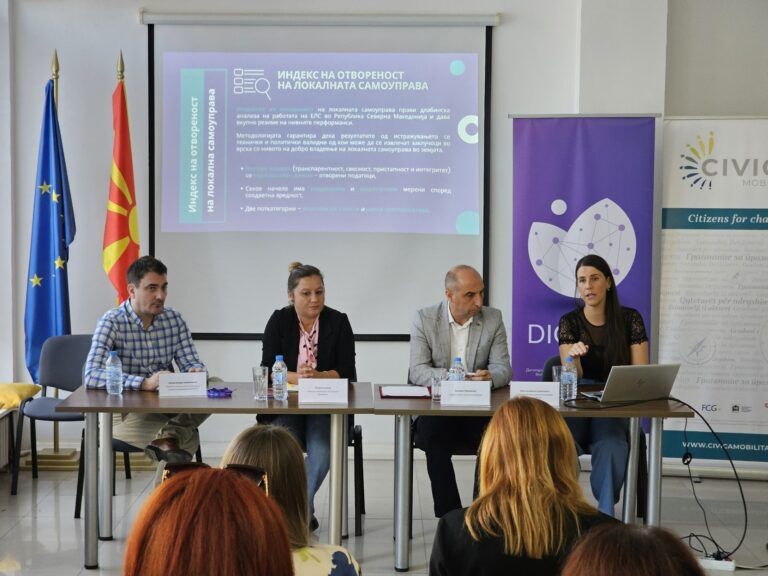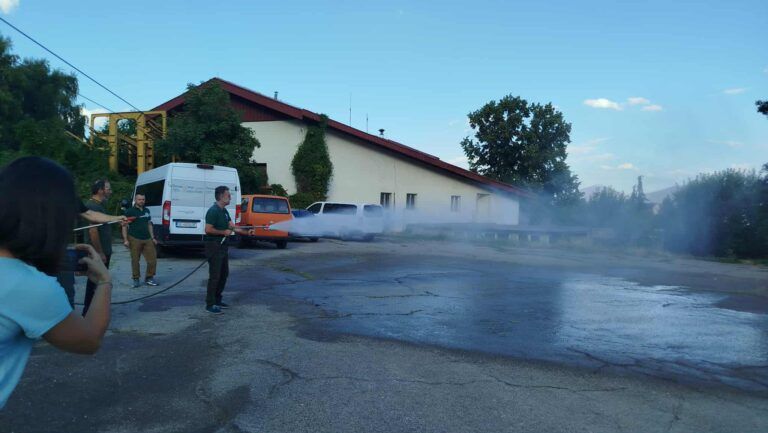Second Chance
“I encountered drugs in high school. I became addicted to heroin at 17. At 24, I was sentenced to two years in prison for drug possession. Since then, everything in my life has fallen apart,” testifies Mac, a hairdresser, born in 1982.
Mac was rejected by his parents and closest family. He received no support to overcome his problem. He was left in a ruined house in an urban neighborhood, forced to fend for himself.
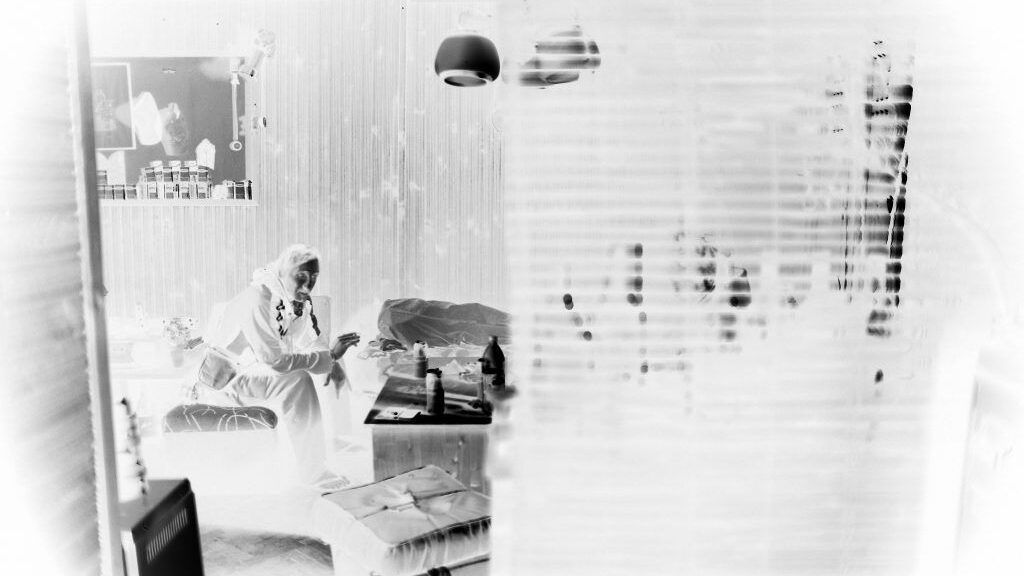
Photo: Nake Batev
But Mac is a city kid. Mac has a craft. He is the local barber for neighbors and friends who haven’t forgotten him. Only a few are brave enough to come for a haircut. In the dimly lit corner of his room, there is a mirror, a chair, and a few pairs of old scissors with which Mac waits every day for someone courageous to come by.
“Two customers a day is great. That will get me through the day. While I was learning hairdressing, I also went to seminars in Belgrade. But now it’s not worth it. People don’t have money, so paying for a haircut is not an option. I have no fixed price; I tell people to give whatever they think is fair,” Mac says.
His father owns a shop, but even before they fell out, he didn’t let Mac work there because “he was scaring the customers away.” Now Mac works from home.
“A few families come regularly, including women and children, but mostly younger people. They think differently,” Mac concludes his story.
Each of us has made mistakes in life, but that does not mean we lack positive traits or the potential to be a contributing member of society, for ourselves, our families, and the wider community. Drug use is not only a problem for the user but also a problem for the family, the school, and the broader social environment.
Photo: Nake Batev
“Members of the inevitable personal social environment (family), instead of being ashamed of their child, should face the reality and truth that he and the family together have a shared problem. A problem that cannot be solved overnight, but requires a comprehensive and long-term program of resocialization in which the parents, close family members, teachers, workplace supervisors, and others who hold rational authority for the individual involved in drug addiction participate and contribute,” says Professor Dr. Zoran Kitkanj from the Faculty of Philosophy at “Ss. Cyril and Methodius” University.
Each of us has a need for love, care, affirmation, the need to feel belonging and equality, and the need for recognition among peers and in our environment.
“For this reason, it is necessary to extend a helping hand to the person using drugs, to assure them that we are beside them, to give them hope that they can rely on us in the most difficult moments of their life. These individuals need to receive positive messages that will boost their self-confidence and self-esteem,” the professor notes, providing examples of supportive approaches: “You can do it; you are not less valuable than others; I believe you can overcome the disease—the drugs; you will see that you will succeed; last time you did it very well; would you like to help me finish the work faster; try this, I think you’ll like it; we give them responsibilities to develop their sense of accountability,” etc.
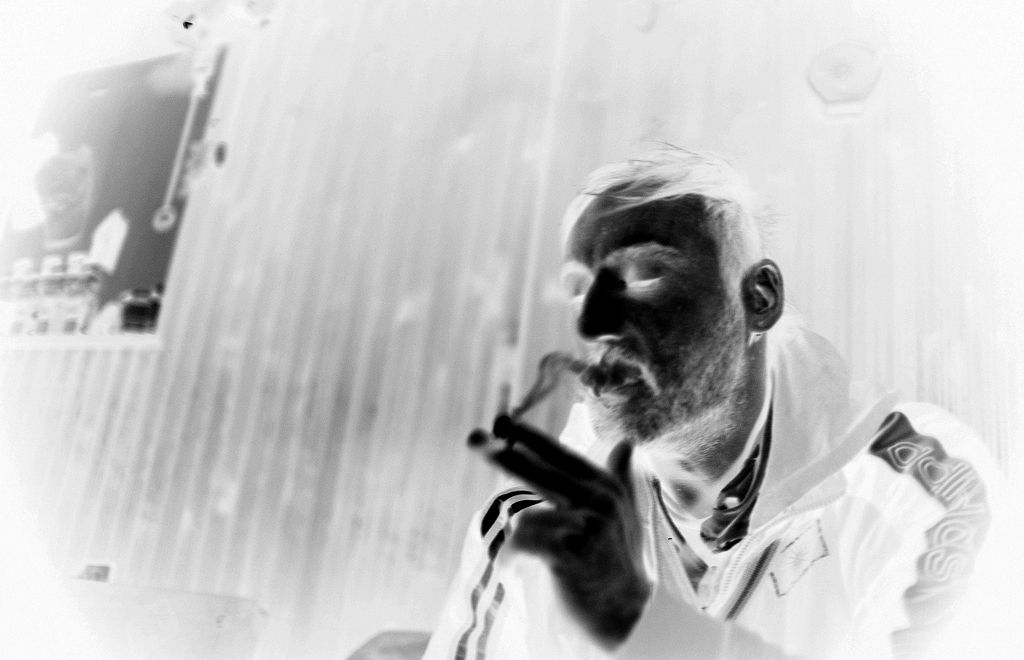
Photo: Nake Batev
Professor Kitkanj recommends actions that should be taken:
- Make efforts together (parents, teachers, friends, supervisors) as early as possible to convince the person using drugs that they have a serious health problem and guide them to institutions that treat this condition, to determine their primary, specific, and priority needs.
- Identify their positive traits and assess their potential for education, professional, and vocational training.
- Establish clubs for psychosocial support for drug users where they can talk about their health and social problems, negative life experiences, and, most importantly, the ways they coped with health and social challenges in the most difficult moments of their lives.
- Encourage employers to provide incentives/subsidies for professional retraining, vocational qualification, and engagement of this marginalized group of citizens.
- Never forget that instead of restriction, condemnation, prohibition, punishment, rejection, and isolation, it is necessary to encourage, stimulate, and reward. The latter promotes the manifestation of acceptable forms of behavior,” concludes Professor Dr. Zoran Kitkanj.
The text and photographs are part of the project “Marginalized Groups – From Problem to Benefit” by the NGO Kontrasta, supported by Civica Mobilitas.



